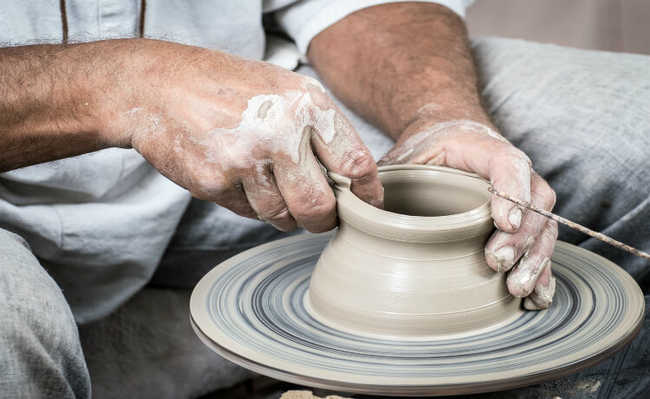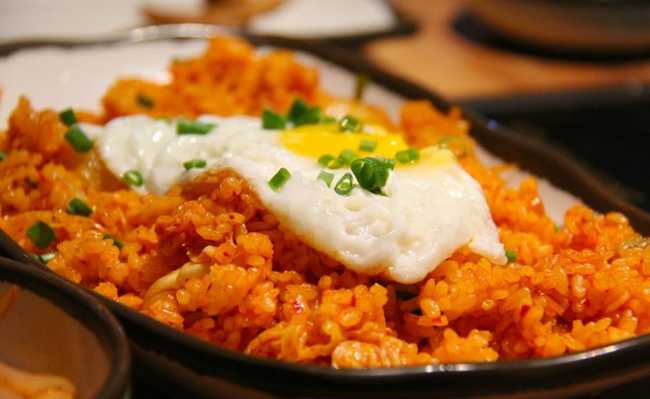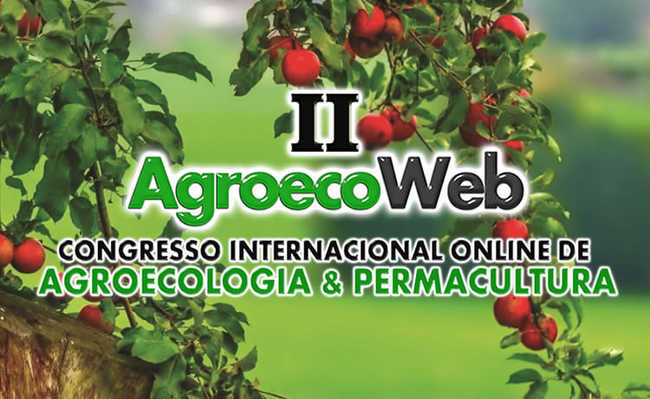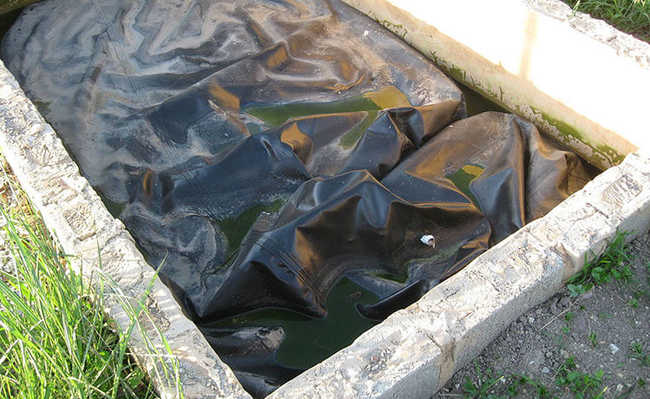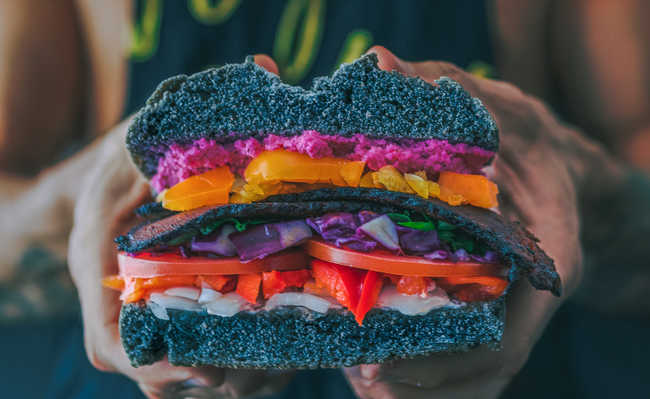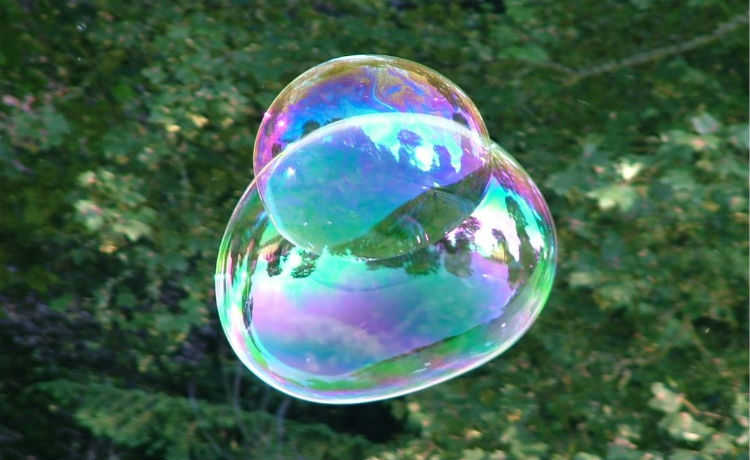Hibiscus tea: what is it for
Find out what hibiscus tea is for, learn how to prepare it and discover the necessary care
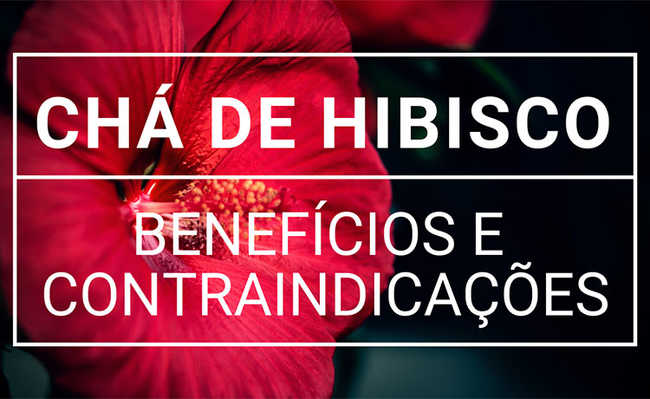
Hibiscus tea is well known for helping you lose weight, but it has many other benefits. Hibiscus tea reduces symptoms of depression and anxiety, as it has several vitamins and minerals, relaxing the mind and body.
This tea contains antioxidants that work by reducing the body's bad cholesterol levels and protecting the body from heart and blood vessel disease. The flower also relieves menstrual symptoms and PMS.
- What does TPM mean?
- Does a man have PMS?
And it doesn't stop there: hibiscus controls blood pressure and aids in digestion, making the body capable of quickly digesting food and eliminating waste, a factor that helps in weight loss. Learn more about hibiscus tea and learn about 20 other healthy weight loss foods.
Does hibiscus tea slim down?
Hibiscus tea helps with weight loss, but for that it is necessary to have a healthy and balanced diet and to exercise regularly, otherwise it will not be possible to have a beneficial weight loss for your body.
One study showed that consumption of hibiscus resulted in a lower body mass index (BMI), weight and fat. Another study found that hibiscus extract is able to lower cholesterol and triglyceride levels, which may help to avoid the risk of obesity.
However, it should be noted that these studies used concentrated doses, and more research is needed to confirm the benefits of hibiscus tea.
If you have already consulted your doctor or doctor and know that you have no contraindications, a tip to lose weight is to drink three to four cups of hibiscus tea a day, always half an hour before your main meals. But be careful not to overdo it!
How to make hibiscus tea
Ingredients
- Dried Hibiscus Petals
- Water
Method of preparation
Bring the water to the fire. When it starts to boil, turn off, add the hibiscus and smother for 3 to 5 minutes (do not leave more than 10 minutes). Strain and drink. If you want you can also drink ice cream.
Proportion
1 teaspoon of dried hibiscus petals makes 200 ml of water, and for a larger amount, use 2 tablespoons of the flower to 1 liter of water.
- Check out other recipes in the article: "How to make hibiscus tea: prepare tasty recipes".
Other properties of hibiscus tea
The flower also works as an anti-inflammatory and antibacterial. The balanced use of this tea prevents colds and flu, as it contains vitamin C, being a great stimulant of the immune system.
Due to its antioxidants, hibiscus tea helps protect the liver and can also be used to treat liver diseases. It is a great tranquilizer and even works as an anti-dandruff, being used even in natural shampoos.
Hibiscus also helps the health of the skin, bones and hair and fights the premature aging of the skin and the formation of cancer cells, in addition to helping the brain to maintain its functions in harmony. Tea is rich in fiber, protein, iron, carbohydrates, magnesium, phosphorus, folic acid, potassium, calcium, sodium, vitamin C, vitamin B1 and B2 and vitamin A.
- What is vitamin C and why is it important?
Hibiscus tea contraindications
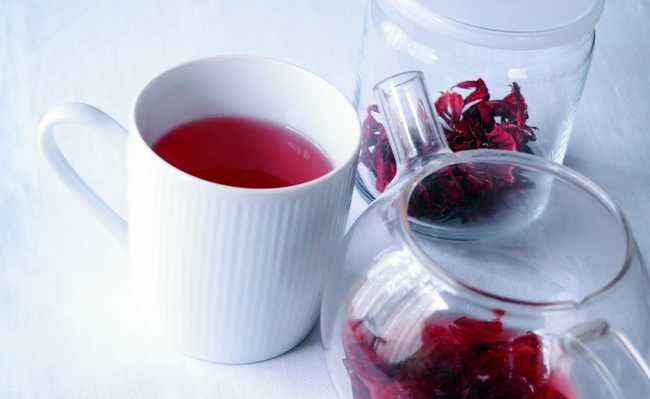
"roselle tea (hibiscus tea)" by T.Kiya is licensed under CC BY 2.0
Pregnant women should avoid drinking hibiscus tea as it can cause hormonal changes and cause miscarriage. For women who want to get pregnant, tea can affect fertility.
It is recommended not to exaggerate the consumption of this tea, as it can cause intoxication, in addition to the excessive elimination of important electrolytes, such as sodium and potassium.
The flower is contraindicated for people who have low blood pressure, as it can cause dizziness, weakness and drowsiness.
It is always recommended to consult a health professional before you start drinking tea frequently, as only they will be able to indicate the ideal amount of hibiscus that you can consume in a beneficial way for your body.

